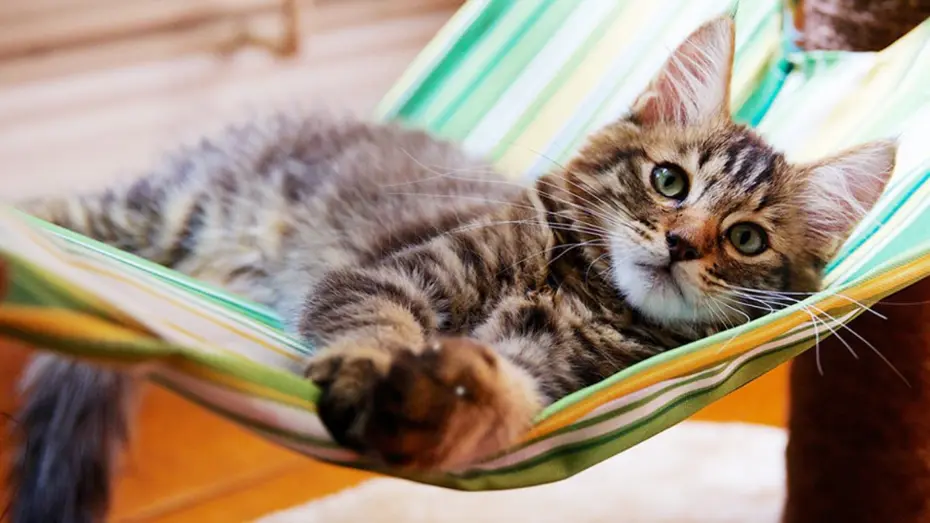Leaving pets behind when you go on holiday can be stressful for you and them! However, with a thorough plan and careful preparations, you can ensure your cat is as calm and comfortable as possible, so you’re both happy while you’re away.
Choosing the right care option
Finding the right care option is key to ensuring your cat is safe and content.
Typically, cats prefer to remain in their own territory, so the best course of action could be to rely on a trusted neighbour or friend who lives close by. You could also enlist the services of a professional pet sitter if this feels more secure. They should visit at least twice a day to put out fresh food and water, clean the litter tray and provide companionship. Choosing someone your cat already knows could lessen their anxiety.
If this isn’t practical or your cat requires more constant care, look into local catteries with good reputations. It’s advisable to visit options before booking to ensure the space is clean and secure with competent staff. Asking locals in the area for recommendations is a fast way to find a reliable choice.
Maintaining their routine
Cats rely heavily on patterns. They learn when to expect food, when to nap and when you usually come home. While you’re away, keeping as much of their routine as possible can help manage the disruption.
Ask your chosen carer to visit at the usual feeding times and stick to the same food and litter brands so there are no surprises that could unsettle your cat. Leave out their toys but avoid the temptation to buy new things as a ‘treat’, as introducing unfamiliar objects at the same time as you leave could throw your cat off balance. Particularly sensitive cats could benefit from a pheromone diffuser which mimics their own scent and helps them feel safe.
Ensuring an enriching environment

Even independent cats will feel the change with your absence, but establishing an enriching environment before you go will soften the impact. Make sure they have access to windows with views so that they don’t feel trapped, and comfortable spots where they feel safe to rest. Clear away any hazards in rooms to keep your cat – and your belongings! – safe, bearing in mind that they might explore more rooms than usual when left to their own devices.
Interactive toys and puzzle feeders can help stave off boredom. Provide places for climbing and hiding, such as tunnels and cat trees, and invest in structures like cat scratching posts to enable the expression of natural behaviour.
Minimising stress before you go
You might feel rushed as your departure nears, but your cat will notice any shift in atmosphere, so try to keep things as calm as possible. Even slight environmental and social changes can cause stress in cats. Start your packing several days in advance so the final hours aren’t frantic, and make time for familiar interactions, even if it’s just a few minutes of brushing or play each evening.
Introduce your cat to their temporary carer before you leave, especially if they haven’t met before. Let them see the person handling their food and litter to help establish trust. If you’re leaving written instructions, include personal notes about your cat’s habits or hiding spots. These small details help your carer respond quickly in situations and reduce potential distress.